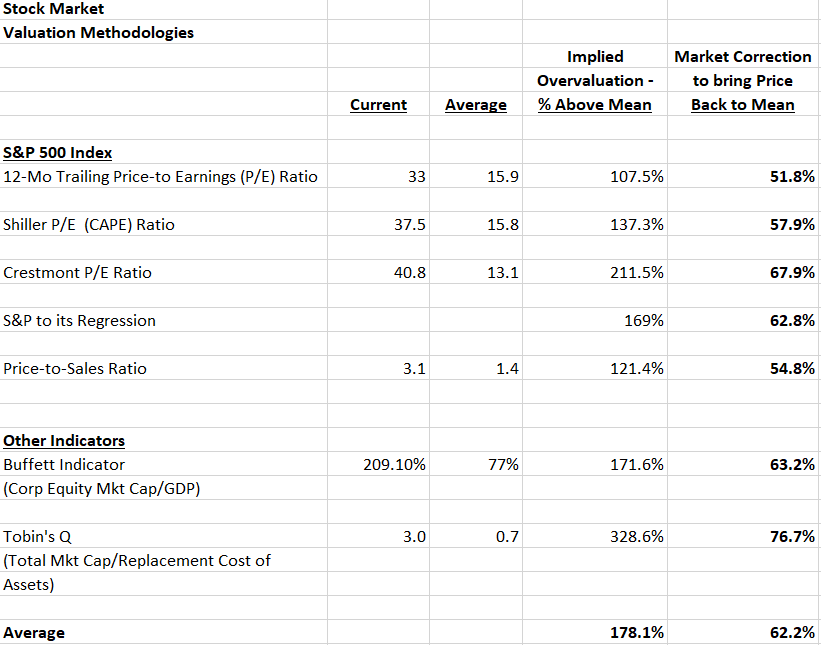BMW And Porsche In China: Market Headwinds And Strategic Adjustments

Table of Contents
The Intensifying Competitive Landscape in China's Luxury Car Segment
The Chinese luxury car market is no longer a two-horse race. Established players like BMW and Porsche are facing unprecedented challenges from a rapidly growing and increasingly sophisticated domestic competitor base.
Rise of Domestic Competitors
- NIO, XPeng, and Li Auto: These homegrown electric vehicle (EV) manufacturers are making significant inroads, boasting cutting-edge technology and competitive pricing. Their success stems from a deep understanding of the Chinese consumer and a focus on localized features and services.
- Technological Advancements: Chinese brands are not just catching up; they're innovating. Advanced driver-assistance systems (ADAS), superior battery technology, and sophisticated infotainment systems are key differentiators, directly challenging the dominance of established brands like BMW and Porsche.
- Government Support: The Chinese government actively supports domestic automakers through subsidies, tax breaks, and the development of charging infrastructure, creating a favorable environment for their growth and market penetration. This support further intensifies the pressure on international brands.
The Growing Popularity of Electric Vehicles (EVs)
The shift towards EVs in China is breathtaking. This presents a double-edged sword for BMW and Porsche. While they possess the brand recognition and resources to compete, they're playing catch-up in a market where domestic rivals have established a strong foothold.
- Investment in EV Technology: BMW and Porsche are heavily investing in electric vehicle production and charging infrastructure within China. However, the speed of this investment needs to match the rapid pace of change in the market.
- EV Model Comparison: BMW's iX and i4, and Porsche's Taycan, represent significant steps into the EV arena, but they are competing against a wave of innovative, often more affordable, Chinese EV offerings.
- Challenges of Transition: The transition from combustion engines to EVs requires significant adjustments in manufacturing, supply chains, and consumer education, presenting considerable hurdles for traditional automakers.
Economic Slowdown and Shifting Consumer Preferences in China
Beyond competitive pressures, BMW and Porsche face macroeconomic headwinds. Economic uncertainty and evolving consumer preferences are significantly impacting their sales.
Economic Uncertainty and Its Impact on Luxury Car Sales
- Reduced Consumer Spending: Economic fluctuations and trade tensions have led to decreased consumer confidence, resulting in reduced spending on luxury goods, including premium vehicles.
- Sales Data Trends: Sales figures for luxury cars in China show slowing growth, reflecting the impact of the broader economic climate. This necessitates a reassessment of marketing strategies and pricing models.
- Sustainability Concerns: Increasingly environmentally conscious Chinese consumers are prioritizing sustainable transportation options, favoring EVs and brands with strong sustainability commitments.
Evolving Consumer Demands and Brand Perception
Chinese luxury car buyers are becoming more discerning. Brand loyalty is waning, and consumers are placing greater emphasis on technology, features, and a brand's overall image.
- Digital Marketing and Brand Building: Digital marketing strategies, including social media engagement and targeted online advertising, are crucial for reaching and influencing this tech-savvy consumer base.
- Social Media Influence: Online reviews, social media discussions, and influencer marketing play a significant role in shaping brand perception and purchase decisions in China.
- Importance of Localized Experiences: Tailoring marketing messages and brand experiences to resonate with Chinese cultural values and preferences is essential for success.
Strategic Adjustments by BMW and Porsche in the Chinese Market
To weather the storm, BMW and Porsche are implementing significant strategic adjustments. These focus on localization, technological innovation, and navigating the evolving regulatory environment.
Localization Strategies
- Customized Models: BMW and Porsche are adapting their models to meet the specific needs and preferences of Chinese consumers, offering features and options tailored to the local market.
- Localized Marketing Campaigns: Marketing campaigns are designed to resonate with Chinese cultural values and preferences, utilizing local influencers and media channels.
- Strategic Partnerships: Collaborations with local businesses and suppliers enhance their understanding of the market and strengthen their operational efficiency.
Investment in Research and Development and Technological Innovation
- EV Technology and Autonomous Driving: Significant investments in research and development are focused on electric vehicle technology, autonomous driving capabilities, and connected car services to compete with domestic rivals.
- Collaboration with Chinese Tech Firms: Partnering with Chinese technology companies strengthens their technological capabilities and provides access to the latest innovations.
- Software Development and Updates: Over-the-air software updates and continuous improvements in technology are key to maintaining a competitive edge.
Adapting to the Changing Regulatory Environment
- Emissions Regulations: BMW and Porsche must comply with increasingly stringent emission regulations in China, requiring significant adjustments to their vehicle production and technology.
- Data Privacy and Cybersecurity: Navigating regulations related to data privacy and cybersecurity is crucial for maintaining consumer trust and operating legally within the Chinese market.
- Government Approvals: Securing timely government approvals for new technologies and vehicle models is essential for a smooth and efficient market entry.
Charting a Course for Success: BMW and Porsche's Future in China
The Chinese automotive market presents both significant challenges and substantial opportunities for BMW and Porsche. The intensifying competition from domestic brands, economic fluctuations, and shifting consumer preferences require continuous adaptation and innovation. Their strategic investments in electric vehicle technology, localization efforts, and engagement with the evolving regulatory landscape are crucial steps towards maintaining their presence and success. However, the speed and effectiveness of their adjustments will determine their future competitiveness. Stay informed about the dynamic developments in the Chinese automotive market and how BMW and Porsche continue to adapt to the challenges and opportunities presented. Follow our blog for more updates on BMW and Porsche in China.

Featured Posts
-
 The Future Of Doctor Who Russell T Davies On Potential Pauses And Plans
May 02, 2025
The Future Of Doctor Who Russell T Davies On Potential Pauses And Plans
May 02, 2025 -
 Shh Rg Kb Tk Zyr Khnjr Ayksprys Ardw Ky Rpwrt Ka Jayzh
May 02, 2025
Shh Rg Kb Tk Zyr Khnjr Ayksprys Ardw Ky Rpwrt Ka Jayzh
May 02, 2025 -
 Digitaliser Vos Thes Dansants Simplifier L Organisation Et Attirer Plus De Participants
May 02, 2025
Digitaliser Vos Thes Dansants Simplifier L Organisation Et Attirer Plus De Participants
May 02, 2025 -
 April 9th Wednesday Lotto Results Check Your Ticket Now
May 02, 2025
April 9th Wednesday Lotto Results Check Your Ticket Now
May 02, 2025 -
 Is This Christina Aguilera Photoshopped Pictures Fuel Online Debate
May 02, 2025
Is This Christina Aguilera Photoshopped Pictures Fuel Online Debate
May 02, 2025
Latest Posts
-
 Stock Market Valuation Concerns A Rebuttal From Bof A
May 10, 2025
Stock Market Valuation Concerns A Rebuttal From Bof A
May 10, 2025 -
 Are High Stock Market Valuations A Concern Bof As Analysis
May 10, 2025
Are High Stock Market Valuations A Concern Bof As Analysis
May 10, 2025 -
 High Stock Market Valuations Bof A Explains Why Investors Shouldnt Panic
May 10, 2025
High Stock Market Valuations Bof A Explains Why Investors Shouldnt Panic
May 10, 2025 -
 Invest Smart A Guide To The Countrys Rising Business Hot Spots
May 10, 2025
Invest Smart A Guide To The Countrys Rising Business Hot Spots
May 10, 2025 -
 The Shifting Sands Of The Chinese Automotive Market Impact On Bmw Porsche And Others
May 10, 2025
The Shifting Sands Of The Chinese Automotive Market Impact On Bmw Porsche And Others
May 10, 2025
